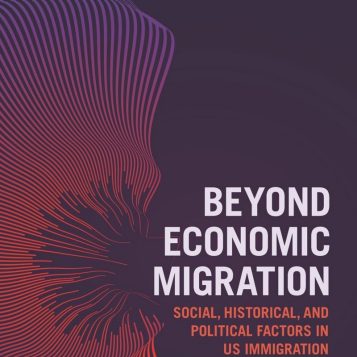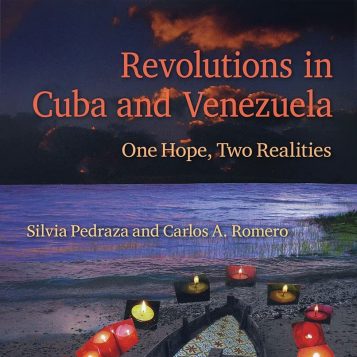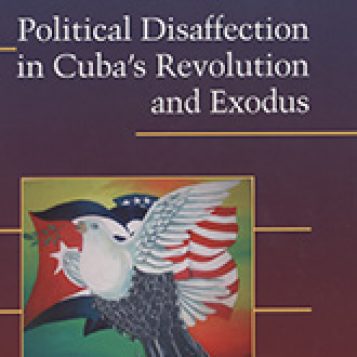Professor
spedraza@umich.eduOffice Information:
Sociology office - 4219 LSA Building, 500 S. State St.
phone: 734.647.3659
International Sociology; Inequalities and Stratification; Politics and Social Change; Qualitative Approaches; Race and Ethnicity; Sociology
Education/Degree:
Ph.D. University of ChicagoM.A. in Education and B.A. in Sociology, University of Michigan, Ann Arbor
Current Courses
AMCULT 304-001
American Immigration
AMCULT 404-001
Latinas/os in the U. S.: Social Problems and Social Issues
LATINOAM 304-001
American Immigration
LATINOAM 404-001
Latinas/os in the U. S.: Social Problems and Social Issues
SOC 304-001
American Immigration
SOC 404-001
Latinas/os in the U. S.: Social Problems and Social Issues
Highlighted Work and Publications
Transnationalism and Gender Among Immigrants: Economic, Political, and Social Challenges
Article by Silvia Pedraza
From the book Beyond Economic Migration (pg. 301)
(Excerpt) Transnationalism and Gender among ImmigrantsEconomic, Political, and Social ChallengesSilvia PedrazaMore than anyone else, immigrants live their lives in a transnational social field. They typically develop subjectivities, engage in communication, take actions, and live many aspects of their social lives across two or more nations. Focusing on immigrants to the United States, in this chapter I first review the major approaches to understanding why people migrate and how they assimilate. I also evaluate the major concepts...
See MoreRevolutions in Cuba and Venezuela: One Hope, Two Realities
Silvia Pedraza, Carlos Romero (Universidad Central de Venezuela)
From the Publisher:
Revolutions in Cuba and Venezuela compares the sociopolitical processes behind two major revolutions—those of Cuba in 1959, when Fidel Castro came to power, and Venezuela in 1999, when Hugo Chávez won the presidential election. With special attention to the Cuba-Venezuela alliance, particularly in regards to foreign policy and the trade of doctors for oil, Silvia Pedraza and Carlos Romero show that the geopolitical theater where these events played out determined the dynamics and reach of the revolutions.
Political Disaffection in Cuba's Revolution and Exodus
Silvia Pedraza
Description from Publisher: In this book, Silvia Pedraza links Cuba's revolution and its mass exodus not only as cause and consequence but also as profoundly social and human processes that were not only political and economic but also cognitive and emotive. But, ironically for a community that defined itself as being in exile, virtually no studies of its political attitudes exist, and certainly none that encompass the changing political attitudes over 47 years of the exodus. The book uses participant observation and in-depth interviews to gain insight into the political disaffection of Cuban refugees... See More



